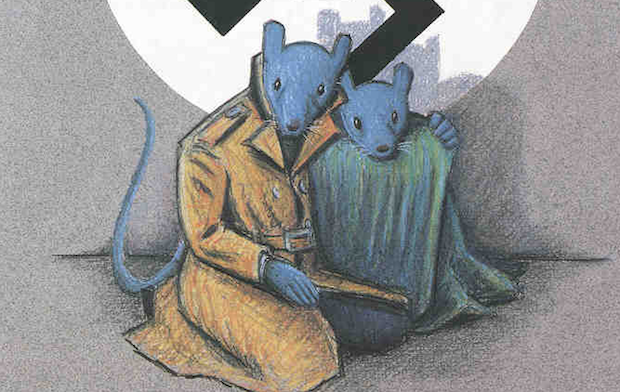Gwen Tucker ’25
Guest Writer
As an incoming first-year student at Scripps, I heard a lot about the Core Curriculum. This aspect of Scripps, a three semester-long exercise in the Humanities, is a highly advertised and esteemed part of the college. Administrators and faculty highlight how this program makes Scripps unique because it acknowledges the diversity of educational backgrounds that students come from, and allows for a level playing field of skill and opportunity. But, while Core does make some level of progress in equalizing reading and writing skills across the student population, it ultimately falls short, failing to facilitate productive conversations about the topics it seeks to tackle.
One of the ways the Core Curriculum falls short is by assuming that students have prior knowledge on how to have conversations about race, gender, class, and other social issues. There are many students who have direct experience with examining their class, race, and gender, but others may have never so much as thought about it. In Core I, students have discussions about important texts such as “Minor Feelings,” “Citizen,” and “Maus” that examine how our differences in identities have affected everything from the events of history down to peoples’ everyday lives. Because the discussions for each of these texts take place across only two class periods, there isn’t enough time to provide background information on the historical issues and establish standards for how to have these discussions.
This assumption of prior knowledge directly leads to the perpetuation of harm in classroom settings. Students who don’t know how to have these conversations can make offensive comments, and those who do have firsthand experience with these topics are left with a responsibility to educate their classmates, a role that often takes away from their own learning experiences. If they don’t step up to lead this educational experience, their classmates are usually not corrected, and can carry their false perceptions of history and identity into their future courses at Scripps.
One example of this happened in my Core section, during the discussion of Art Spiegelman’s “Maus”. We were discussing why the author chose to portray different groups of people as different species of animals– Jews as mice, Poles as pigs, and Germans as cats. Perplexed by the portrayal of Jews and Poles as different animals, one student proceeded to explain her confusion because Polish Jews were the same as their Polish Christian counterparts, they just practiced a different religion. Out loud, I began to correct her, but the class period ended and we never returned to the discussion.
I’m telling this story not to “call out” this particular student and make them feel bad, but this comment represents a fundamental misunderstanding about Jewish identity and Holocaust history. Because the class is so pressed for time, we were never able to have a well-informed discussion about the inaccurate presumptions this student made. Instead, I left feeling guilty for not speaking up and frustrated about these misconceptions.
Overall, I believe Scripps’ Core Curriculum has good intentions. But as it exists in its present form, it is simply not fulfilling. After this year, Core will enter a new era as the “Histories of the Present” theme is replaced by a new one. This presents a unique opportunity to think about how Core I is structured. Instead of trying to include as much interesting material as possible, the faculty should prioritize having multiple weeks to discuss complex material about social issues. The discussion of each topic could begin with a background “crash course” on the text, author, and tough topics it deals with. At the beginning of the course, each discussion section should set or create its own “courageous conversations” protocol in order to have the most productive and least harmful discussions about race, class, gender, and more. Core has the ability to live up to its values, bonding the first-year class and creating opportunities for personal and academic growth. It’s time the faculty substantially revises Core to make it work for all students.
Image Source: Evangelical Focus



